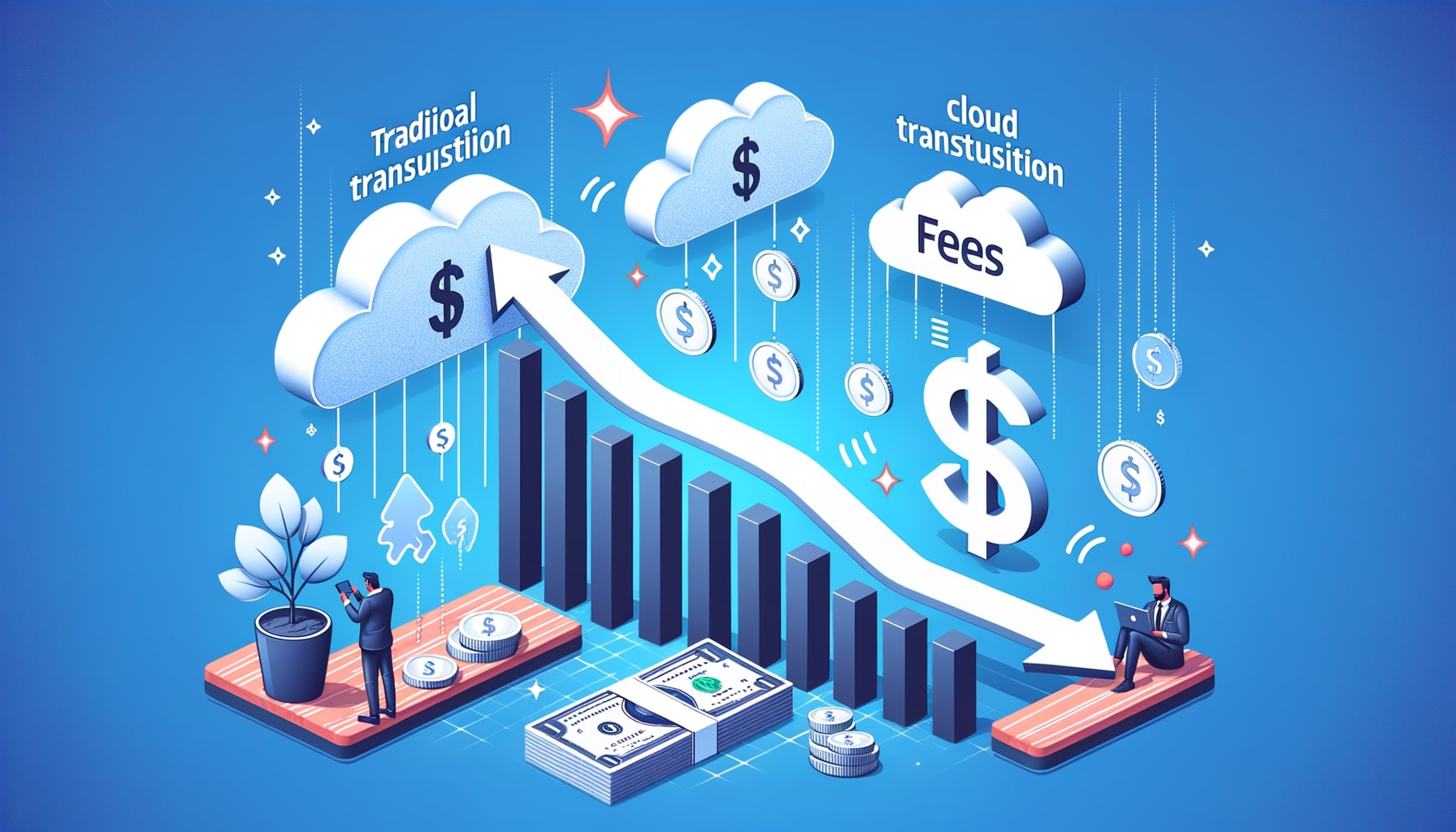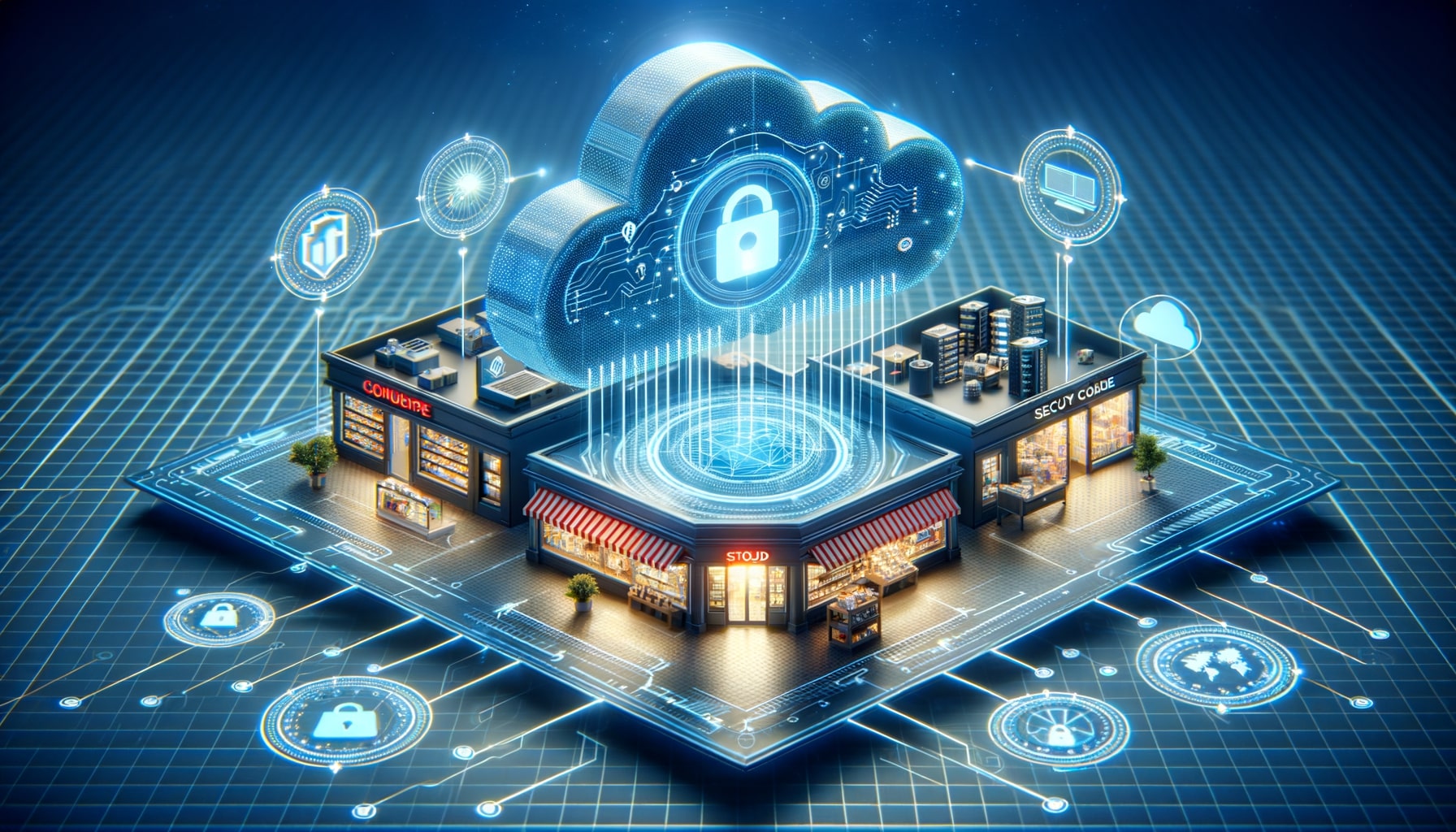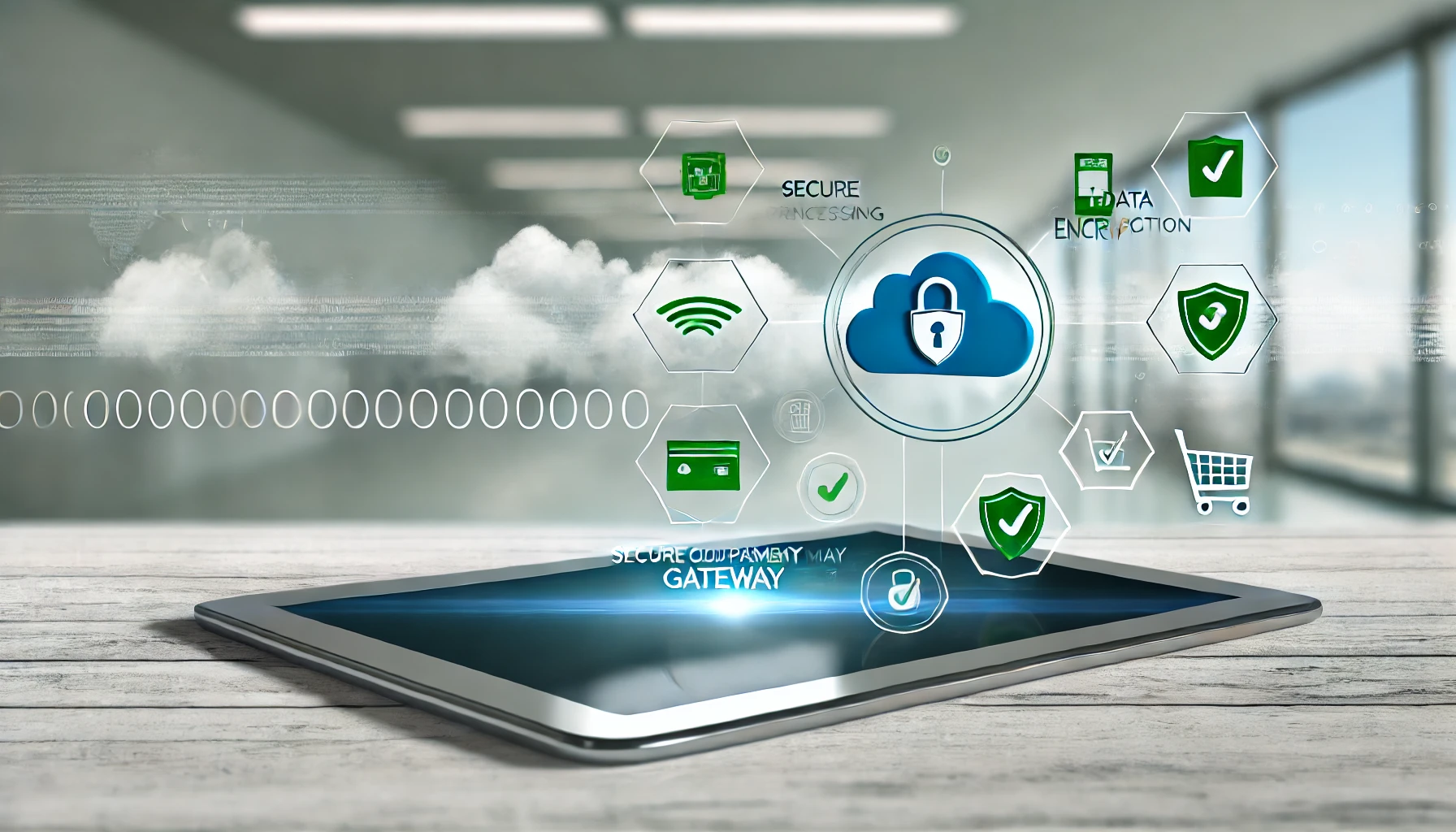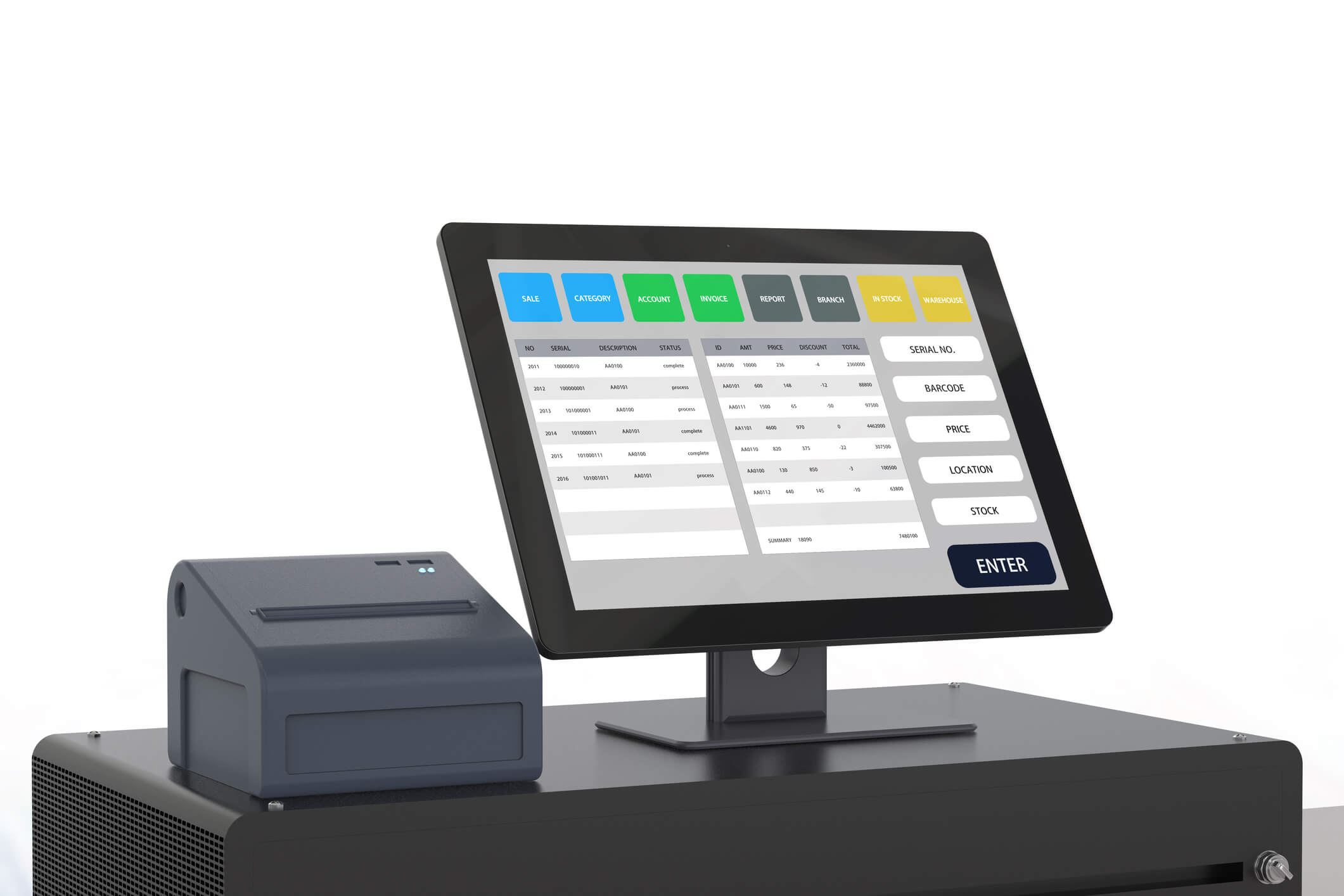How to Choose Between a Cloud-Based POS and a Legacy POS
In today’s fast-paced business environment, having an efficient and reliable point-of-sale (POS) system is crucial for the success of any retail or hospitality establishment. With the advancements in technology, businesses now have the option to choose between cloud-based POS systems and legacy POS systems. Understanding the difference between these two options is essential in making an informed decision that aligns with your business needs and goals.
A cloud-based POS system, as the name suggests, operates on the cloud, allowing businesses to access their data and manage their operations from any device with an internet connection. On the other hand, a legacy POS system is a traditional, on-premise solution that requires dedicated hardware and software installed on-site.
Factors to Consider When Choosing a POS System
When choosing a POS system, there are several factors that you should consider to ensure it meets your specific requirements. These factors include the size and type of your business, budget, scalability, integration capabilities, and security.
- Size and Type of Business: The size and type of your business play a significant role in determining the most suitable POS system. For small businesses with limited space and budget, a cloud-based POS system may be more practical, as it eliminates the need for expensive hardware and infrastructure. On the other hand, larger businesses with complex operations may benefit from the customization options and advanced features offered by legacy POS systems.
- Budget: Budget is a crucial consideration for any business decision. Cloud-based POS systems typically have lower upfront costs, as they require minimal hardware investment. They often operate on a subscription-based model, allowing businesses to pay a monthly fee. Legacy POS systems, on the other hand, require a significant upfront investment for hardware and software licenses.
- Scalability: As your business grows, it is important to choose a POS system that can scale with your needs. Cloud-based POS systems are highly scalable, as they can easily accommodate additional users, locations, and features. Legacy POS systems may require additional hardware and software upgrades to support business growth.
- Integration Capabilities: Integration with other business systems, such as inventory management, accounting, and customer relationship management (CRM), is essential for streamlining operations and improving efficiency. Cloud-based POS systems often offer seamless integration with various third-party applications, while legacy POS systems may require custom development or limited integration options.
- Security: Data security is a critical concern for businesses, especially when handling sensitive customer information and financial transactions. Cloud-based POS systems typically offer robust security measures, including data encryption, regular backups, and secure access controls. Legacy POS systems may require additional security measures to ensure data protection.
Benefits of Cloud-Based POS Systems
Cloud-based POS systems offer several benefits that make them an attractive option for businesses of all sizes. These benefits include flexibility, accessibility, cost-effectiveness, real-time data, and automatic updates.
- Flexibility: Cloud-based POS systems provide businesses with the flexibility to access their data and manage operations from anywhere, at any time. This flexibility is particularly beneficial for businesses with multiple locations or those that require remote access.
- Accessibility: With a cloud-based POS system, businesses can access their data and perform transactions from any device with an internet connection. This accessibility allows for greater mobility and convenience, enabling businesses to serve customers on the shop floor or at off-site events.
- Cost-effectiveness: Cloud-based POS systems often have lower upfront costs compared to legacy systems. They eliminate the need for expensive hardware investments and offer flexible pricing models, such as monthly subscriptions. This cost-effectiveness is particularly advantageous for small businesses with limited budgets.
- Real-time Data: Cloud-based POS systems provide real-time data and analytics, allowing businesses to make informed decisions based on accurate and up-to-date information. This real-time data can help businesses optimize inventory management, track sales performance, and identify trends and patterns.
- Automatic Updates: Cloud-based POS systems typically receive automatic updates and enhancements, ensuring that businesses always have access to the latest features and security patches. This eliminates the need for manual updates and reduces the risk of system vulnerabilities.
Drawbacks of Cloud-Based POS Systems
While cloud-based POS systems offer numerous benefits, they also have some drawbacks that businesses should consider before making a decision. These drawbacks include reliance on internet connectivity, potential data security risks, and limited customization options.
- Reliance on Internet Connectivity: Cloud-based POS systems require a stable internet connection to function effectively. Any disruption in internet connectivity can hinder business operations and prevent transactions from being processed. Businesses operating in areas with unreliable internet connectivity may face challenges with a cloud-based POS system.
- Data Security Risks: Storing data on the cloud introduces potential security risks, such as data breaches and unauthorized access. While cloud-based POS systems often have robust security measures in place, businesses should carefully evaluate the security protocols and ensure compliance with industry standards.
- Limited Customization Options: Cloud-based POS systems may have limitations when it comes to customization. Businesses with unique requirements or specific workflows may find it challenging to tailor the system to their exact needs. Legacy POS systems often offer more customization options, allowing businesses to create a solution that aligns perfectly with their operations.
Advantages of Legacy POS Systems
Legacy POS systems, despite being traditional solutions, still offer several advantages that make them a viable option for certain businesses. These advantages include customization options, offline functionality, and greater control over data.
- Customization Options: Legacy POS systems often provide businesses with greater customization options compared to cloud-based systems. This allows businesses to tailor the system to their specific workflows and requirements, ensuring optimal efficiency and productivity.
- Offline Functionality: Unlike cloud-based POS systems that rely on internet connectivity, legacy systems can operate offline. This offline functionality ensures that businesses can continue processing transactions even in the event of internet outages or disruptions.
- Greater Control over Data: With a legacy POS system, businesses have complete control over their data, as it is stored locally on their own servers. This can provide businesses with peace of mind, knowing that their data is not stored on external servers and is subject to their own security protocols.
Limitations of Legacy POS Systems
While legacy POS systems offer certain advantages, they also have limitations that businesses should consider. These limitations include higher upfront costs, limited mobility, and potential hardware and software compatibility issues.
- Higher Upfront Costs: Legacy POS systems often require a significant upfront investment for hardware and software licenses. This can be a barrier for small businesses with limited budgets, as it may require a substantial financial commitment.
- Limited Mobility: Legacy POS systems are typically tied to specific hardware and require on-site installation. This limits the mobility and flexibility of businesses, as they cannot easily access their data or manage operations from remote locations.
- Hardware and Software Compatibility: Legacy POS systems may face compatibility issues with newer hardware and software technologies. This can result in additional costs and complexities when upgrading or integrating with other business systems.
Key Features to Look for in a Cloud-Based POS System
When choosing a cloud-based POS system, there are several key features that businesses should look for to ensure it meets their specific requirements. These features include ease of use, scalability, integration capabilities, reporting and analytics, and customer support.
- Ease of Use: A user-friendly interface is essential for ensuring smooth operations and minimizing training time for staff. Look for a cloud-based POS system that offers intuitive navigation, customizable layouts, and easy-to-understand features.
- Scalability: As your business grows, it is important to choose a cloud-based POS system that can scale with your needs. Look for a system that can accommodate additional users, locations, and features without compromising performance.
- Integration Capabilities: Seamless integration with other business systems, such as inventory management, accounting, and CRM, is crucial for streamlining operations and improving efficiency. Look for a cloud-based POS system that offers a wide range of integration options or has an open API for custom development.
- Reporting and Analytics: Access to real-time data and comprehensive reporting capabilities is essential for making informed business decisions. Look for a cloud-based POS system that provides detailed sales reports, inventory tracking, and customer analytics.
- Customer Support: Reliable customer support is crucial for resolving any issues or concerns that may arise during system implementation or daily operations. Look for a cloud-based POS system provider that offers responsive customer support through various channels, such as phone, email, or live chat.
Essential Features to Consider in a Legacy POS System
When considering a legacy POS system, there are several essential features that businesses should consider to ensure it meets their specific requirements. These features include customization options, offline functionality, security measures, hardware compatibility, and ongoing support.
- Customization Options: Legacy POS systems often offer greater customization options compared to cloud-based systems. Look for a system that allows businesses to tailor the user interface, workflows, and features to their specific needs.
- Offline Functionality: The ability to operate offline is crucial for businesses that may experience internet outages or disruptions. Look for a legacy POS system that can continue processing transactions and storing data locally during offline periods.
- Security Measures: Data security is a top priority for businesses, especially when handling sensitive customer information and financial transactions. Look for a legacy POS system that offers robust security measures, such as data encryption, user access controls, and regular backups.
- Hardware Compatibility: Legacy POS systems often require dedicated hardware, such as cash registers, barcode scanners, and receipt printers. Ensure that the system is compatible with your existing hardware or consider the cost of purchasing new hardware.
- Ongoing Support: Ongoing support is crucial for maintaining the functionality and performance of a legacy POS system. Look for a provider that offers regular software updates, bug fixes, and responsive customer support to address any issues or concerns.
Frequently Asked Questions
Q.1: What is the difference between a cloud-based POS system and a legacy POS system?
A cloud-based POS system operates on the cloud, allowing businesses to access their data and manage operations from any device with an internet connection. A legacy POS system is a traditional, on-premise solution that requires dedicated hardware and software installed on-site.
Q.2: Which POS system is more suitable for small businesses?
Cloud-based POS systems are often more suitable for small businesses due to their lower upfront costs, scalability, and accessibility. They eliminate the need for expensive hardware investments and offer flexible pricing models.
Q.3: Are cloud-based POS systems secure?
Cloud-based POS systems often have robust security measures in place, such as data encryption, regular backups, and secure access controls. However, businesses should carefully evaluate the security protocols and ensure compliance with industry standards.
Q.4: Can legacy POS systems be customized?
Legacy POS systems often offer greater customization options compared to cloud-based systems. Businesses can tailor the user interface, workflows, and features to their specific needs.
Q.5: What are the advantages of a legacy POS system?
Advantages of legacy POS systems include greater customization options, offline functionality, and greater control over data.
Conclusion
Choosing between a cloud-based POS system and a legacy POS system is a critical decision that can significantly impact the efficiency and success of your business. Understanding the difference between these two options and considering factors such as the size and type of your business, budget, scalability, integration capabilities, and security is essential in making an informed decision.
Cloud-based POS systems offer flexibility, accessibility, cost-effectiveness, real-time data, and automatic updates. They are particularly beneficial for small businesses with limited budgets and those that require remote access. However, they may have drawbacks such as reliance on internet connectivity and limited customization options.
Legacy POS systems provide greater customization options, offline functionality, and greater control over data. They are often suitable for businesses with unique requirements or specific workflows. However, they may have limitations such as higher upfront costs, limited mobility, and potential hardware and software compatibility issues.
When choosing a POS system, it is important to carefully evaluate the key features and consider your specific business needs. Look for a system that offers ease of use, scalability, integration capabilities, reporting and analytics, and reliable customer support. By considering these factors and understanding the pros and cons of each option, you can make an informed decision that aligns with your business goals and requirements.










